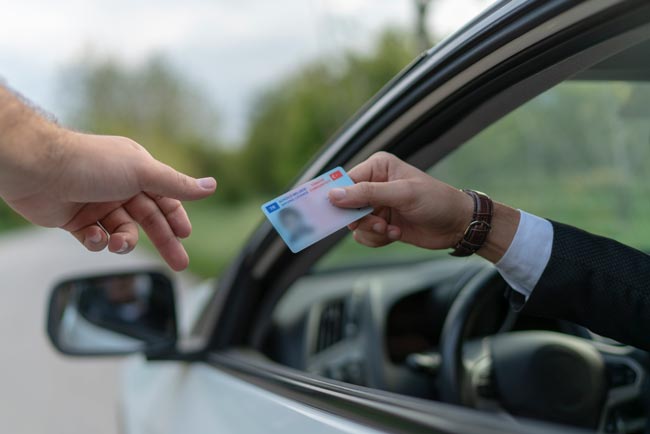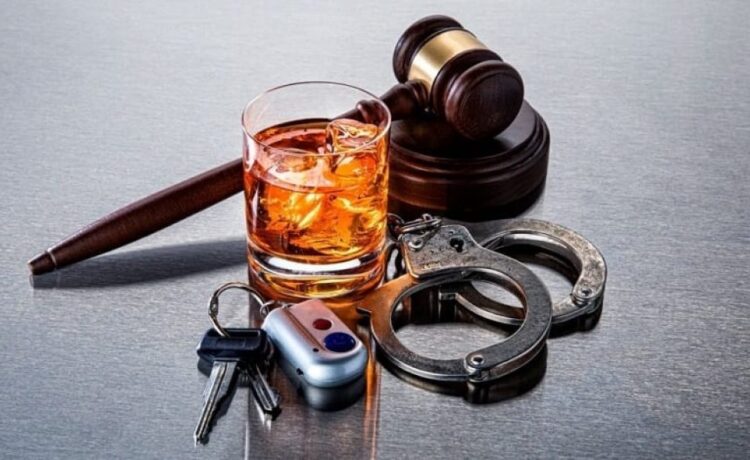Driving under the influence (DUI) is a serious offense, and the consequences of a DUI conviction can be significant. Beyond legal penalties and fines, one area where a DUI conviction can have a substantial impact is on your driver’s license.
In this article, experts at Monder Criminal Lawyer Group explore the repercussions of a DUI conviction on your driving privileges in California and the steps you may need to take to address it.
Immediate License Suspension
If you’re arrested for DUI in California, you might face immediate consequences for your driver’s license. When you’re arrested for DUI, the arresting officer typically seizes your driver’s license and provides a temporary 30-day permit. This suspension is separate from any potential administrative suspension imposed by the California Department of Motor Vehicles (DMV).
DMV Administrative Suspension

Following a DUI arrest, the DMV initiates an administrative process to determine whether your driver’s license should be suspended. This is a separate proceeding from the criminal case. The DMV can suspend your driver’s license if you fail or refuse a chemical test to measure your blood alcohol concentration (BAC). The length of the suspension can vary based on the circumstances of your case.
- First-time Offense: A typical administrative suspension for a first-time DUI offense in California is a four-month suspension for failing a chemical test or a one-year suspension for refusing a chemical test.
- Multiple Offenses: For subsequent DUI offenses, the administrative suspension can be longer.
It’s important to understand that this administrative suspension can occur even if you’re later found not guilty of the DUI charge in criminal court. However, you have the right to request a hearing to contest this suspension, and you should act quickly to do so.
Criminal Court License Suspension
In addition to the administrative suspension, if you’re convicted of a DUI in criminal court, you will face a court-ordered license suspension. The length of this suspension can vary depending on the nature of the offense and whether you have previous DUI convictions on your record. For first-time offenders, this suspension can range from six months to one year.
Restricted Driver’s License
California law provides the possibility of obtaining a restricted driver’s license during your license suspension period. A restricted license allows you to drive to and from essential locations, such as work, school, or a DUI treatment program. To obtain a restricted license, you typically need to show proof of enrollment in a program and maintain proof of financial responsibility (commonly referred to as SR-22 insurance).
DUI School and SR-22 Insurance
For individuals convicted of a DUI, attending a state-approved DUI program is often a requirement for license reinstatement. The length and level of the program will depend on the nature of the DUI offense.
Additionally, you will likely need to obtain SR-22 insurance, which is a form of high-risk insurance that demonstrates your financial responsibility to the state. You’ll need to maintain SR-22 insurance for a specified period, usually three years.
License Reinstatement
Once your license suspension period is complete and you’ve met all the requirements, including DUI school and SR-22 insurance, you can apply for license reinstatement. Reinstating your license often involves paying fees and proving that you’ve complied with all court-ordered requirements. Keep in mind that this process can be complex and time-consuming, so it’s advisable to consult with a legal expert or the California DMV for guidance.















